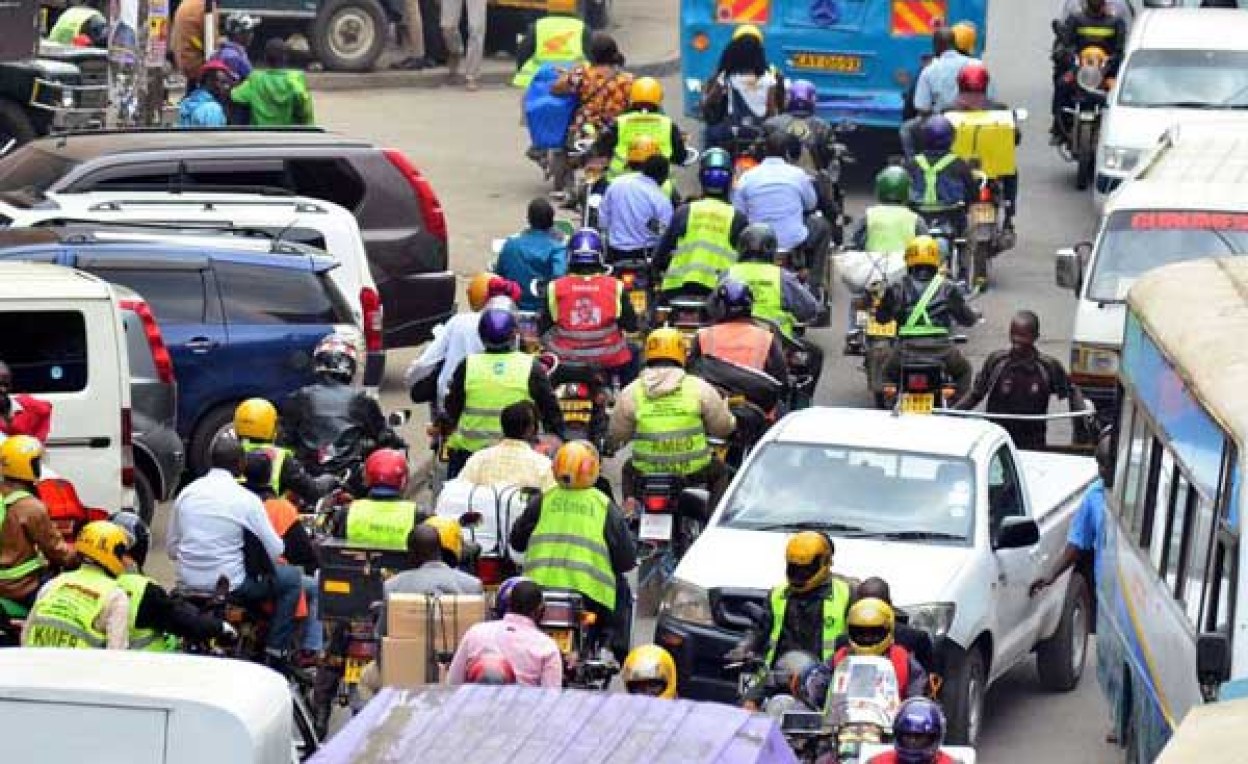
Government has suspended its earlier plan for the city’s transport system for taxis and boda bodas to fast-track a legal framework under which the same scheme can be implemented.
A senior director from Kampala Capital City Authority (KCCA), who preferred anonymity, said whereas government had sought to implement the plan this year, there was no existing policy under which it could work.
The source also said government will instead focus on the nationwide policy instead of concentrating on only Kampala since taxis and boda bodas operate across the country but without any regulation.
“There are various issues which came up as we planned to roll out the city transport plan. For instance, there were concerns from transporters who argued that their views hadn’t been captured. We also noticed that majority of boda boda cyclists are illiterate and cannot appropriately use the technology of Apps as we had earlier proposed,” the source said.
Last year, the government through KCCA, unveiled a plan to ban boda bodas from the city centre and create free zones outside the Central Business District (CBD), organise elections of the apex body for all boda boda and taxi operators, reduce stages, and register all people working in the transport sector.
Government had also proposed that all boda boda cyclists should register with accountable digital companies such as Safe Boda and Bolt, which use Apps to pick passengers and goods for delivery.
The plan was triggered by the unending fights which have previously paralysed transportation in the city.
Although Kampala Lord Mayor Erias Lukwago asked them to halt the implementation of the plan until a legal framework is made, the then minister for Kampala, Ms Betty Amongi, said a statutory instrument would be made to ease the implementation of the plan.
Mr Lukwago had argued that the city’s transport system must address the demands of the metropolitan area due to its swelling population.
By press time, we could not reach Kampala Minister Minsa Kabanda and her deputy Kyofatogabye Kabuye for a comment.
KCCA spokesperson Daniel Nuwabiine said the plan has not been abandoned but rather there are engagements to discuss how it can be implemented.
Better planning…The big problem
The current city transport sector is informally self-regulating, with a number of governance issues, leaving passengers at the mercy of the private operators, who decide as and when to increase or reduce fares.
Besides lack of regulation, the available means of public transport, including the 14-seater taxis, and boda bodas, which dominate the sector, have limited capacity to offer transport services.
